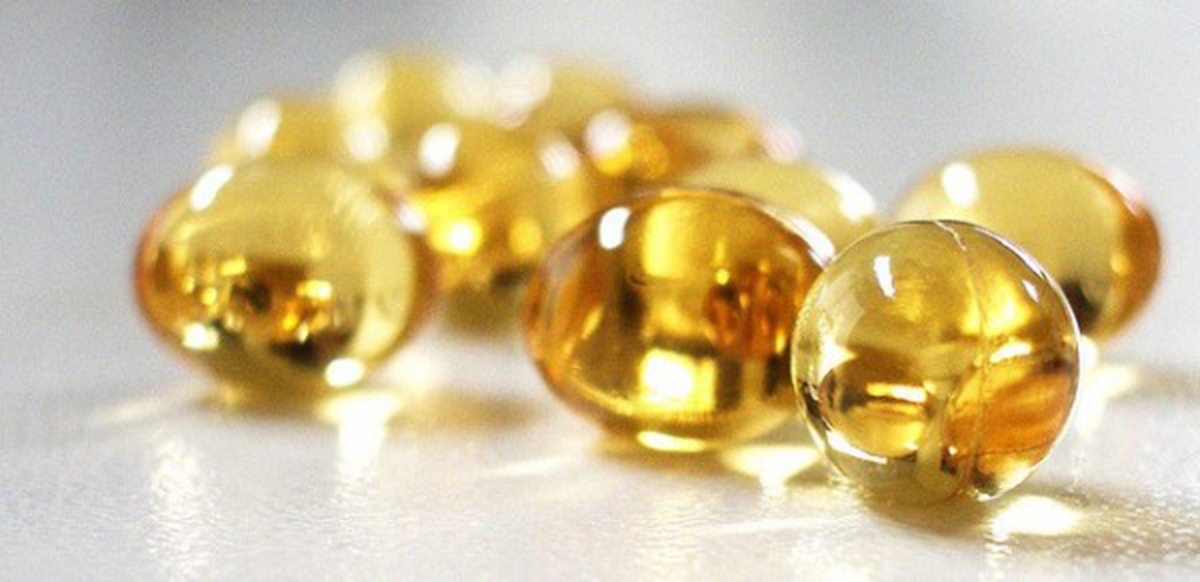Table of Contents
Experts in brain health often tell us that maintaining mental sharpness is a matter of "use it or lose it." People over the age of 50 who have the fewest problems with memory, attention, and good judgment tend to be the people who are mentally active
The simple fact is that most people lead busy lives and do not take time for themselves to do exercise, meditation, or learning new skills. Fortunately, there are also nutritional interventions that help keep the brain young and prevent dementia.

6. Take the antioxidants alpha-lipoic acid, vitamin C, and vitamin E
Alpha-lipoic acid is a unique antioxidant that protects cells inside and out because it is soluble in both fat and water. Outside the cell, it protects the membrane from the action of free radicals that would destabilize the cell's ability to absorb oxygen and nutrients and that might cause parts of the cell simply to dissolve into the bloodstream. Inside the cell, it helps the mitochondria burn sugar without generating so many free radicals that DNA is damaged, and acting in concert with L-carnitine (which can be taken as a supplement or simply derived from diet) it helps cells burn fat.Vitamins C and E complement the antioxidant action of alpha-lipoic acid, and also recharge each other. It's only necessary to take 200 mg of vitamin C a day, 600 mg of alpha-lipoic acid a day, and 900 IU of vitamin E every day to get a protective benefit without side effects. If you choose R-lipoic acid instead of alpha-lipoic acid, use half as much. It's always best to take either alpha-lipoic acid or R-lipoic acid with a biotin or "complete B" supplement, since both forms of lipoic acid require the B vitamin biotin as a cofactor.
7. Consider Chinese herbal medicine as an alternative to estrogen replacement therapy
Women taking estrogen replacement therapy are at slightly increased risk for Alzheimer's disease later in life. Women who control uncomfortable symptoms of menopause with the herbal formula known as Dong Quai and Peony Decoction (also marketed under the Chinese and Japanese formula names Dangguiii Shaoyao San or Tokishakuyaku-san) are less likely to develop Alzheimer's disease—and may get better relief of symptoms at lower expense.8. Eat the right kind of fat
There is some evidence that increasing consumption of omega-3 essential fatty acids, found in flaxseed oil and fish oil, as well as cold-water fish (salmon, tuna, mackerel, herring, and hokey), nuts, and seeds, reduces inflammation that may lead to Alzheimer's. The ratio of "good" fats to "bad" fats is key, so if you eat a lot of products made with vegetable oil or a lot of animal fat, you especially need your omega-3's.9. Don't take iron supplements unless a blood test shows you have low iron levels
Iron can literally "rust" brain cells. Iron and copper consumption are risk factors for Alzheimer's disease.10. Give your brain a break today
Dr. J. A. Luchsinger of Columbia University in New York City has found that simply eating less may be key to keeping the brain healthy, even in people who have the genes for Alzheimer's disease. Giving the brain an 18- to 24-hour break from excesses of the byproducts of burning glucose gives it time to rewire and repair oxidative damage that otherwise might accumulate and cause brain tissue damage.Luchsinger's research team found that simply skipping dinner or breakfast occasionally greatly reduces the risk of developing Alzheimer's disease. Even if people eat more at other meals, they tend to enjoy weight loss and lower cholesterol, because the body wastes nutrients when we eat too much. It's better, of course, to eat normally or sparingly and also skip some meals occasionally for the sake of brain health.
- Luchsinger JA, Small S, Biessels GJ. Should we target insulin resistance to prevent dementia due to Alzheimer disease? Arch Neurol. 2011 Jan, 68(1):17-8.
- Nickerson RS. Five down, Absquatulated: Crossword puzzle clues to how the mind works. Psychon Bull Rev. 2011 Apr, 18(2):217-41.
- Photo courtesy of Selva on Flickr: www.flickr.com/photos/selva/
- Photo courtesy of theretrogigolo on Flickr: www.flickr.com/photos/theretrogigolo/283196324

